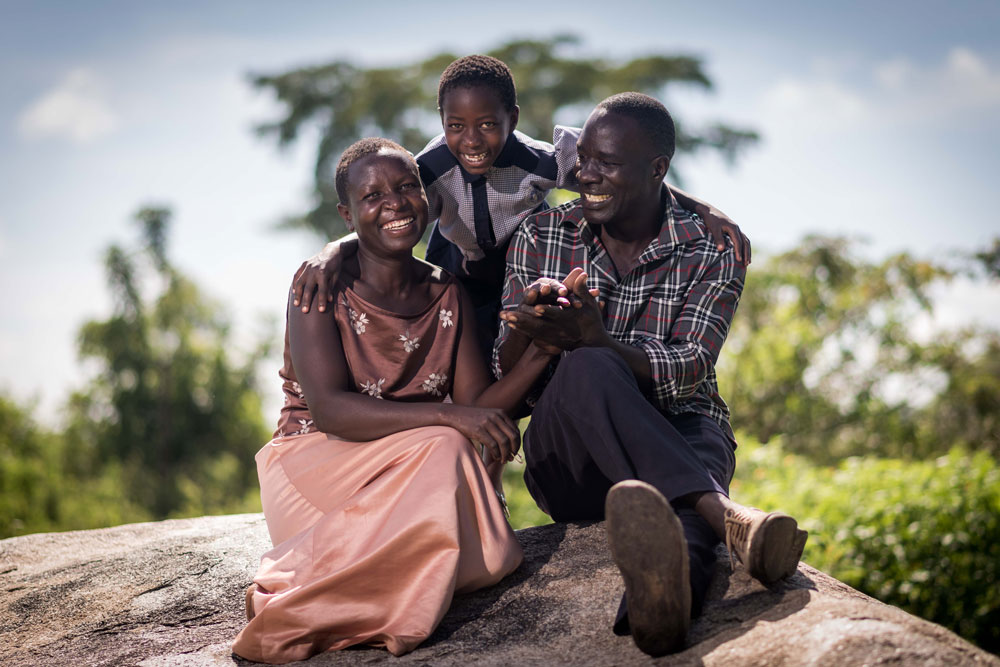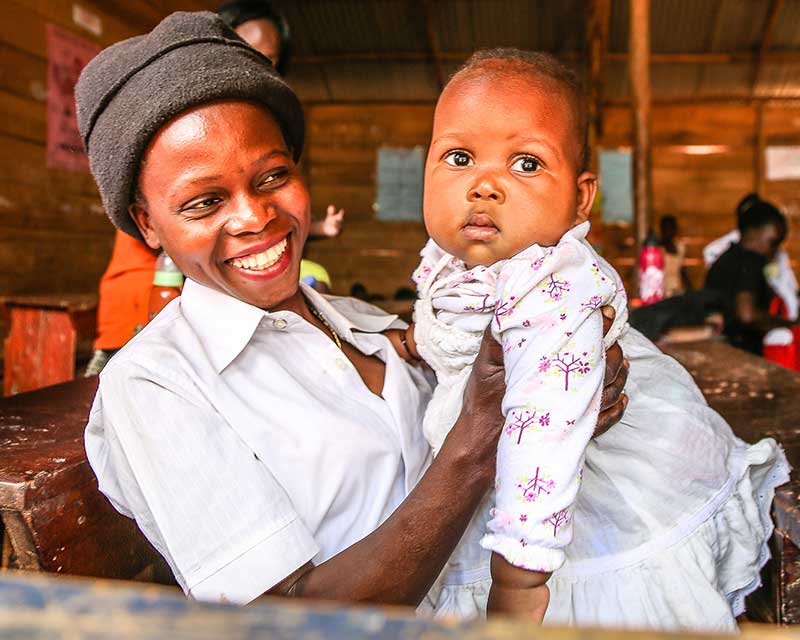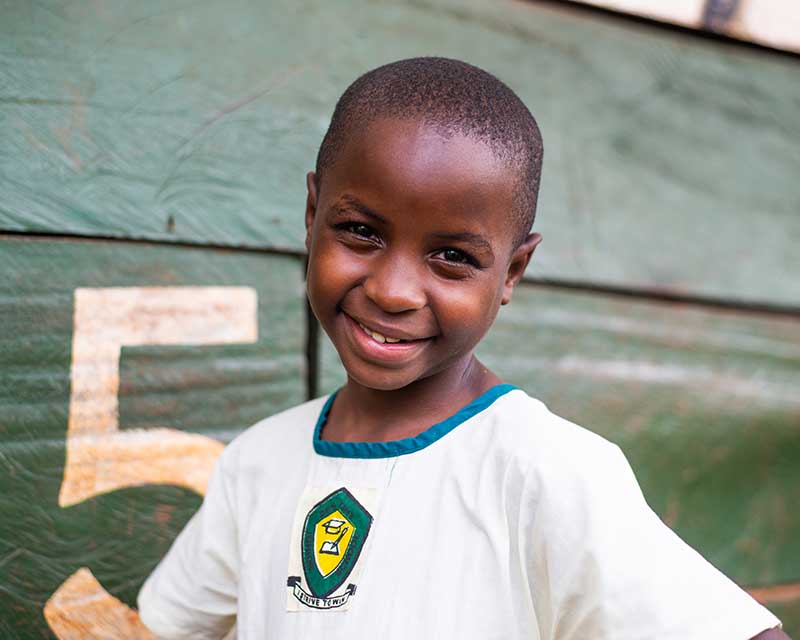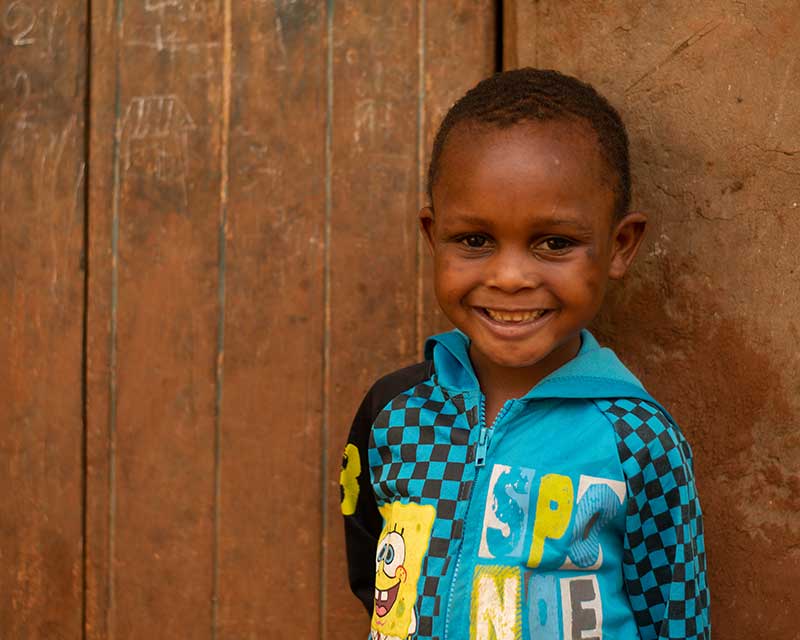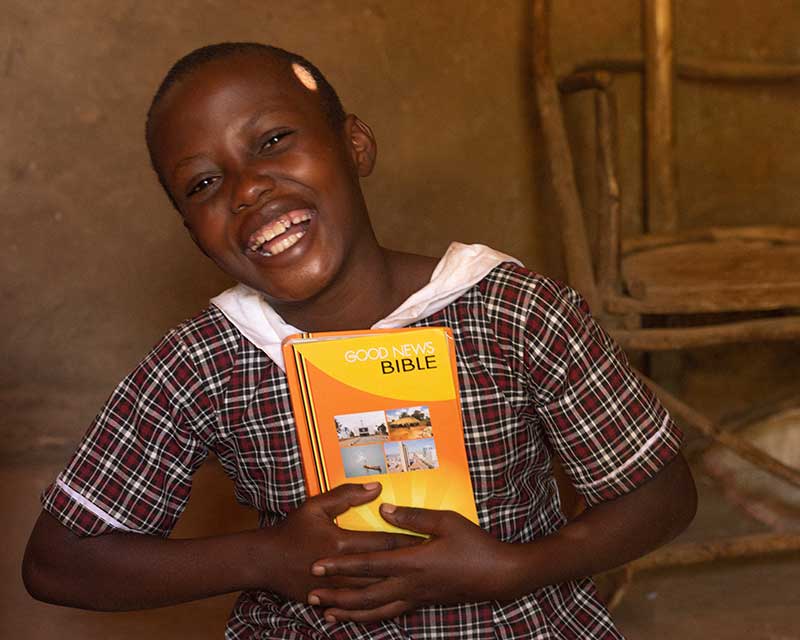Uganda is part of Africa’s Great Lakes region and is nestled between Kenya and the Democratic Republic of Congo. The country has one of the youngest and fastest growing populations in the world and is made up of many different ethnic groups. At least 40 different languages are in use, though English and Swahili are widely spoken.
Many locals continue to deal with the aftermath of the brutal two-decade long civil war which terrorised the country’s north until 2006 and created a severe humanitarian crisis. The war, between rebel group the Lord’s Resistance Army (LRA), led by Joseph Kony, and government forces, remains Africa’s longest-running armed conflict. During their 26-year reign of terror, the LRA abducted more than 30,000 children, forcing them to become soldiers, weapon carriers, and sex slaves.
It is now known as one of the strongest African economies and a place where poverty is on the retreat. However, the impacts of the global food crisis and COVID-19 pose significant threats to Uganda's economic growth and its recent gains in health development.
Since the LRA was pushed out of Uganda—and into neighbouring countries—in 2006, the majority of the 1.8 million people displaced by their violence have returned home or resettled. However, a generation of young people is scarred by the war. The process of rehabilitating displaced or traumatised children, women and men and reintegrating them back into society is made even more difficult by a lack of resources.
The refugee population in Uganda currently stands at approximately 1.2 million, a figure that has nearly tripled since 2016. This massive influx has made Uganda the largest refugee host in Africa and placed significant strain on social services, amenities and access to employment.
Despite the nation’s progress in the fight against HIV/AIDS over the last two decades, HIV continues to disproportionately affect adolescents, especially girls. Access to medical treatment is improving but is still a struggle for many, especially in rural areas. Poverty affects close to half of all Ugandan children. The highest rates are in rural areas and girls are disproportionately affected.
Presidential elections were held in January 2021 and were preceded by political violence and unrest. President Yoweri Museveni was re-elected and has now led the nation for more than 30 years, having first come to power in 1986 when he led the National Resistance Army in a guerrilla war against then-President Milton Obote.
Meanwhile, local churches are hard at work, reaching out to the poorest children and their families and sharing the love of God.
READ MOREkeyboard_arrow_down
READ LESSkeyboard_arrow_up
